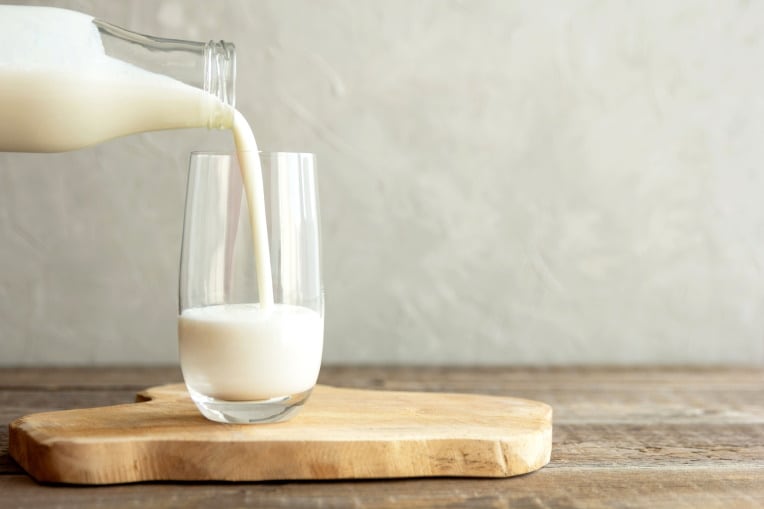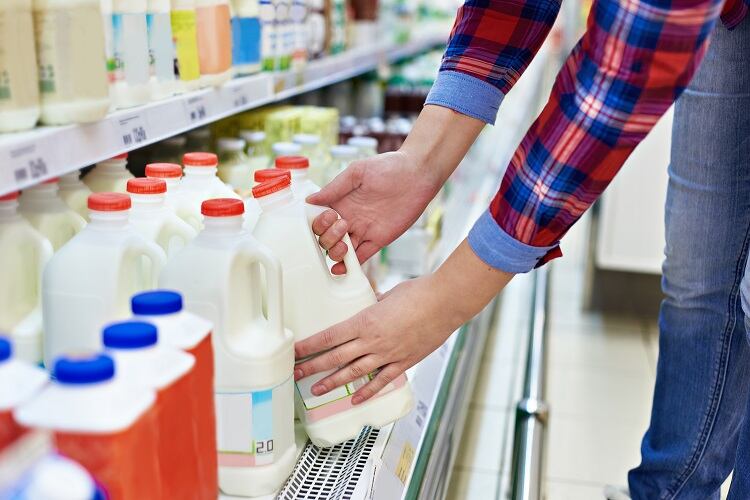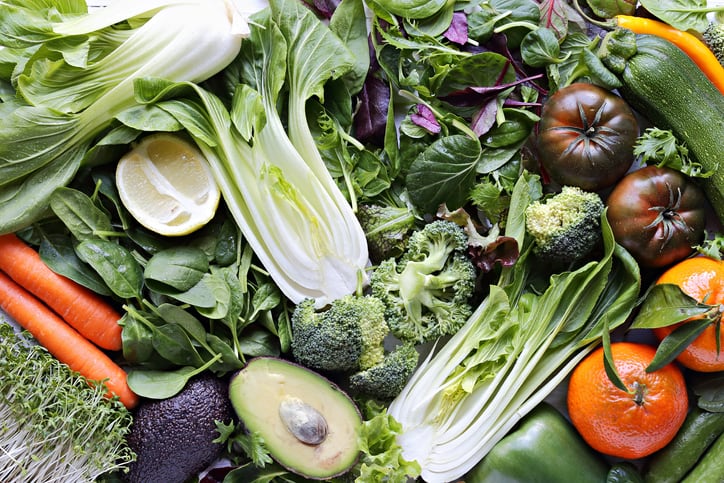The dairy market is growing, with the global volume of cow’s milk increasing from just under 500MT millions in 2015 to more than 520MT millions in 2019. Traditional dairy has also seen a shift, particularly in western markets, from low priced products like fresh milk towards higher value products like cheeses.
But this upward trajectory belies some challenges that traditional dairy makers will have to grapple with, according to Gerrit Suhlmann, managing partner at strategy boutique Bright Green Partners.
Speaking at the recent Protein Directory Alt Dairy Conference, Suhlmann noted these challenges include, on the one hand, commercial challenges around structurally low margins, commodity price volatility, dependency on subsidies in developed markets and dairy farm consolidation. On the other hand, the sector will need to respond to consumption-side challenges, such as the move to plant-based and fermented alternatives.
“Alternatives to dairy will play a way bigger role in the future,” Suhlmann predicted. “The dairy universe is entering into a highly dynamic transformation.”
Innovative ingredients for improved organoleptic performance
To date, plant-based alternatives have mostly developed consumer products – but Suhlmann says that the emergence of start-ups like Perfect Day also show the potential that alt dairy has in the ingredient space. “The question is to what extent will they disrupt the dairy industry,” he observed.
One such start-up that wants to shake-up the dairy ingredient space is Time-travelling Milkman. Co-founder Dimitris Karefyllakis explained that the group is developing an innovative solution to one of the biggest challenges facing plant-based product formulators: achieving the desired creaminess.
Looking at the alt dairy space, he observed R&D efforts have focused on using seeds, beans or even fermented proteins to produce the ‘bulk’ of the product.
“We believe something has been a little neglected. If you wonder how to make a product creamy and appealing for the consumer fat is the answer,” he told the conference.
“Fat is the element that brings the mouthfeel we all associate with traditional dairy - and it’s something we need to have in dairy alternatives.”
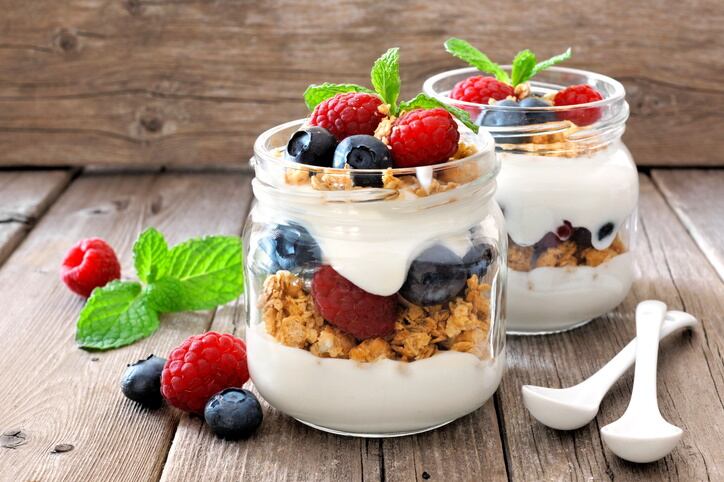
Karefyllakis said that the fats currently used in the space are not ideal: “Some that are used either don’t perform very well and create unappealing structures. Or, like coconut oil and palm oil, it's unhealthy and unsustainable. They are transported from the tropics where they disrupt local communities and ecosystems. At the end of the day also many consumers can perceive them in the taste.”
Time-travelling Milkman has developed a solution. “We are offering a healthy, sustainable and above all creamy ingredient,” that is produced from sunflower seeds grown in the EU. The end product is not only more sustainable than options like palm and coconut oil, it is also unsaturated, Karefyllakis explained.
Currently the company is producing its ingredient at lab scale and working with potential customers to either co-develop products or replace coconut oil in existing products. The plan is to move towards large-scale production by the end of 2021.
Alt cheese the ‘biggest pain point’ for consumers
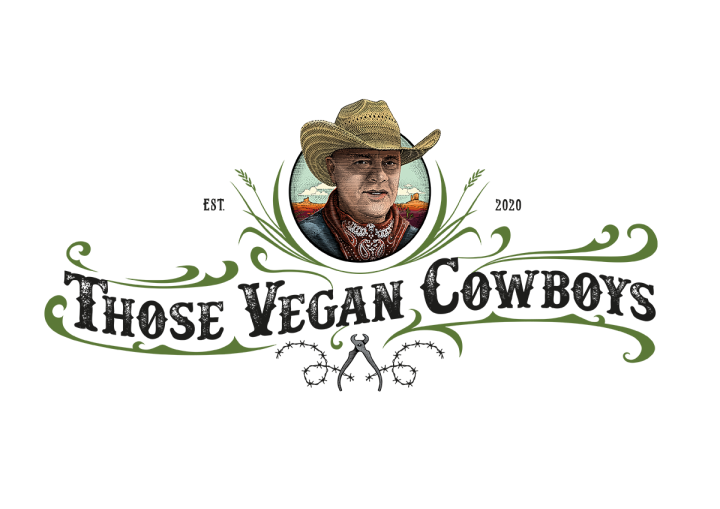
Those Vegan Cowboys is another start-up that plans to contribute to the disruption of traditional dairy.
Established last year, Those Vegan Cowboys was founded by Jaap Korteweg and Niko Koffeman – Dutch entrepreneurs who set-up The Vegetarian Butcher a decade ago and subsequently sold the alternative meat business to Unilever.
Those Vegan Cowboys was established with a clear goal, project director Will van den Tweel explained.
“The production of dairy products needs to be improved, to be further optimised, by taking the cow out of the production process. And by doing so we will make the process more animal friendly and we will make it much more sustainable, addressing a clear environmental need.”
The company is focused on the ‘more sustainable’ production of milk proteins, such as caseins, through fermentation.
“Those Vegan Cowboys is a new initiative to develop and produce good tasting dairy alternatives,” van den Tweel told the digital event. Pointing to a recent survey, he highlighted why caseins – used to make cheese – are the group’s initial target.
“Recently ProVeg performed their European survey asking consumers what is missing in relation to plant-based foods? What is the biggest pain point for consumers? Clearly the answer was cheese.
“When we look at cheese, of course a raw material for making good tasting cheese are caseins.”
When the company has developed a strain and process that is able to achieve this, it needs to secure regulatory approval. Overall, van den Tweel thinks the company will bring ‘good tasting cheese’ based on microbial caseins to the market in 6-7 years. “We have the guts, the experience, to do so.”
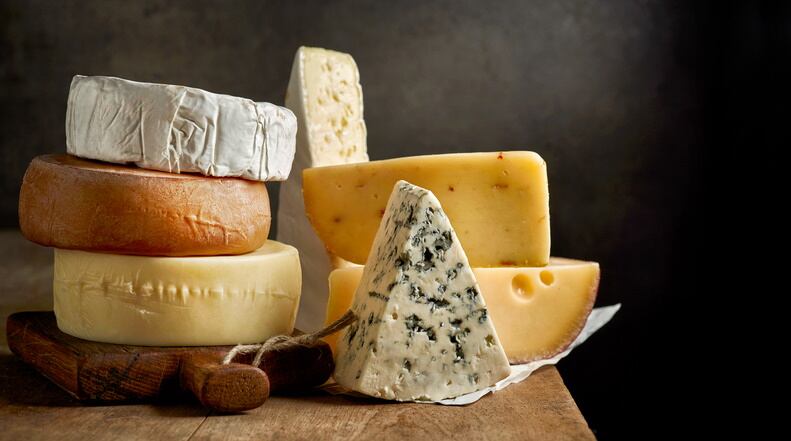
How should traditional dairy react?
The influx of innovation and future disruption that alternative dairy products will bring requires traditional players to respond.
“The [alt dairy] market is really dynamic, new technologies are coming up, the regulation will change in the next few years,” Bright Green Partners’ Suhlmann predicted. “The big question is, depending on where you see the future going, how can you respond to this?”
Bright Green Partners has identified five options for traditional dairy companies. The first is simply to ‘neglect this development’ and continue with a business as usual approach. The second, Suhlmann continued, is to ‘anticipate in conventional dairy’ and adapt your business to segments that will not be impacted by dairy alternatives in the medium term. The third option – and one that is being followed by many dairy players today – is to invest in start-ups. But this is more ‘portfolio hedging’ than ‘true transformation’.
Suhlmann sees potential in two more ‘dynamic’ responses: to either build a separate plant-based business unit or to transform the core of your business.
“We now face the historic transformation of the dairy industry. In the dairy industry never before have there been plant-based alternatives and especially fermentation based alternatives about to enter this market and capture significant market share.
“As a leader in the conventional business one has to be ready to make bold decisions to reach ambitious goals. This is what we see some doing in the market – but most are not. Most are assessing and testing the technology and business models behind this. But are not really sure whether they should adapt and a lot of them are fighting back.”
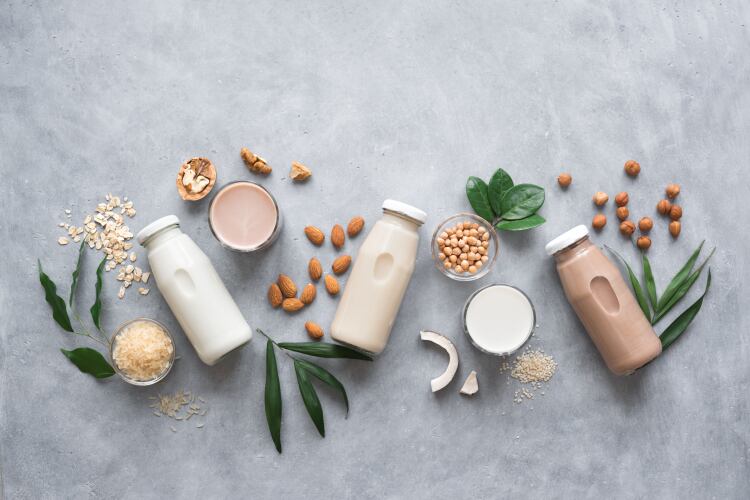
Core capabilities to win in alt dairy
Suhlmann identified the ‘core capabilities’ that businesses need to develop in order to ‘win’ in the dairy alternative space.
The ‘main factor’ to future success – especially given the developments in fermentation – is understanding emerging technology, he believes.
Technology can be leveraged by focusing on high-potential R&D and ‘defendable’ IP. The aim here, the strategist continued, is to deliver ‘clear product differentiation’ at the end of the day.
The second capability needed to stand-out in alt dairy is production and distribution – an area in which traditional dairy players may hold the upper hand. “A lot of conventional dairy companies have a great distribution network and are well positioned to play in this field. They also have a good knowledge of product quality… while reducing cost at the same time.”
Finally, Suhlmann said, branding is key. And here he questions the wisdom of some conventional dairy players who are launching vegan alternatives under their existing brands.
Alt dairy brands, he elaborated, need to be built with a ‘consistent storyline and consistent image that convinces the consumer’ that your company is dedicated to healthy, sustainable products.
“This is a point where a lot of large or conventional producers struggle because they try to use their old brands for the conventional products and put it on these new alt dairy products. The consumer doesn’t perceive it as a consistent storyline. This is a point where sales decrease and the overall product offering does not appeal to the end consumer.”

